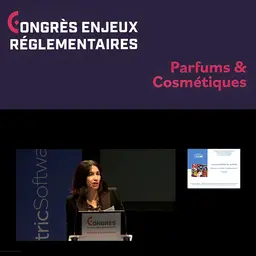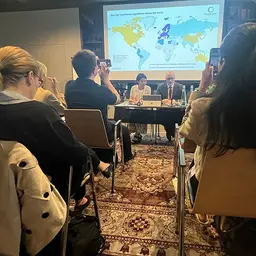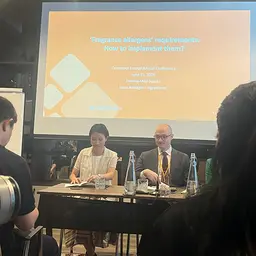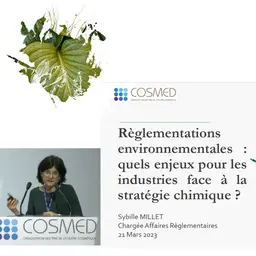
The Nagoya Protocol, which entered into force on 12 October 2014, aims to guarantee the sovereignty of countries over their biological resources. While its purpose is simple, its application is a little less so because of the multiplication of national, international and European regulations. At the Perfumes & Cosmetics 2019 conference, Thomas Delille, an attorney at Mayer Brown, presented a practical case study to help cosmetics manufacturers understand the implications of this issue.
“The Nagoya Protocol aims to ensure the fair and equitable sharing of benefits resulting from access to and use of a genetic resource and/or traditional knowledge associated with countries’Parties’ to the Protocol,” says Thomas Dellile in his introduction. “To summarize schematically the problem of the Protocol, we have a user, who may be a company, a research centre or a university, who wishes to access a material, a genetic resource from a supplier, in order to conduct use or R&D activities on the said material. This may include traditional knowledge associated with these raw materials. The Nagoya Protocol introduced a rule: to access and use the resource, the user needs to obtain the prior and informed consent of suppliers, but also to conclude mutually agreed provisions to achieve prior and informed consent. The user may have to share the benefits of its use with the resource provider.”
Since its entrance into force, the Nagoya Protocol has been supplemented by many other regulations, such as the Convention on Biological Diversity adopted by the United Nations, or the ABS (Access to Benefit-sharing) legislation passed by some countries:
• Those relating to the countries of access, including the country where the material is …













